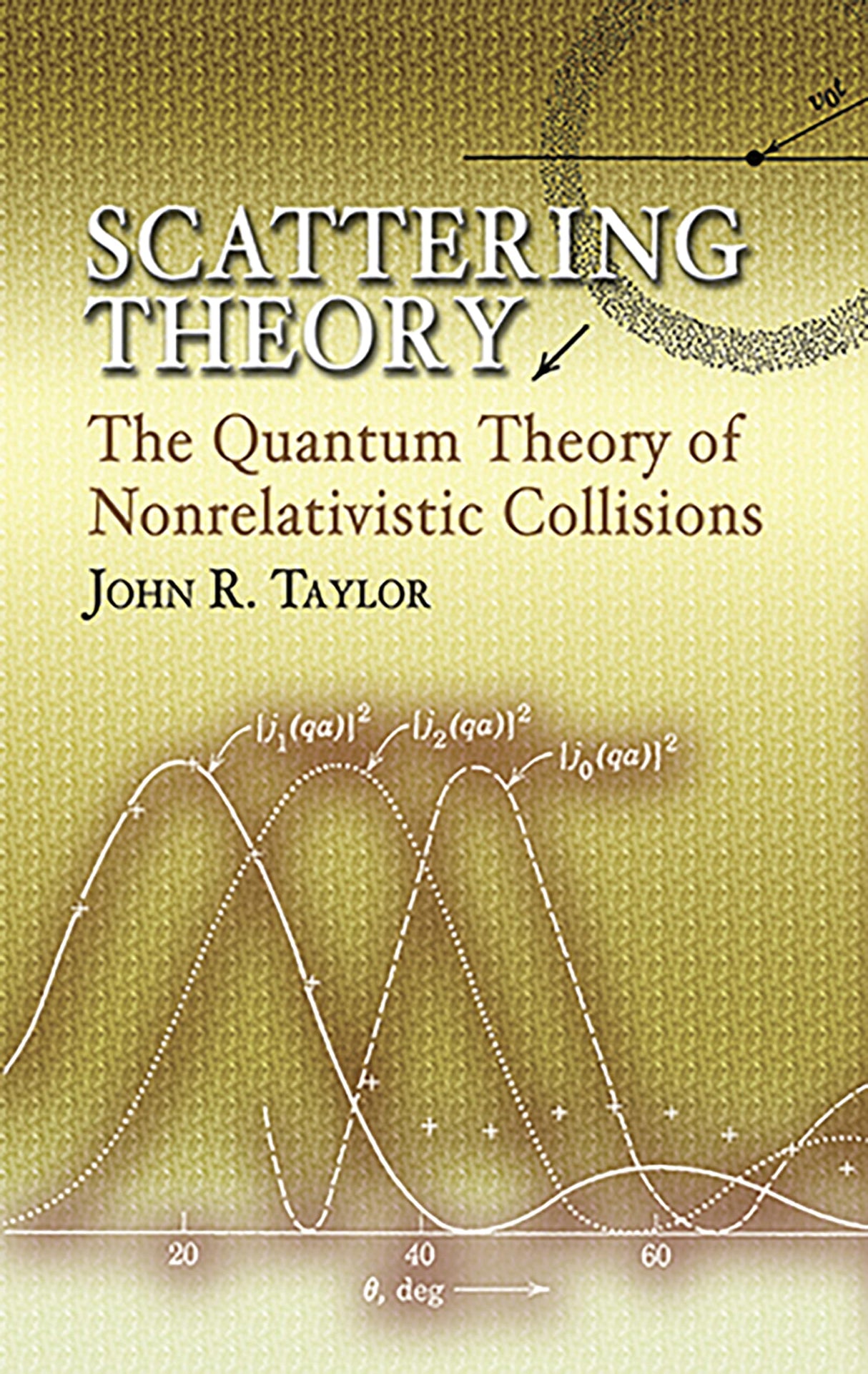Scattering Theory: The Quantum Theory of Nonrelativistic Collisions (Dover Books on Engineering)
Scattering Theory: The Quantum Theory of Nonrelativistic Collisions (Dover Books on Engineering) is backordered and will ship as soon as it is back in stock.
Couldn't load pickup availability
Genuine Products Guarantee
Genuine Products Guarantee
We guarantee 100% genuine products, and if proven otherwise, we will compensate you with 10 times the product's cost.
Delivery and Shipping
Delivery and Shipping
Products are generally ready for dispatch within 1 day and typically reach you in 3 to 5 days.
Book Details:
-
Publisher: Dover
-
Author: John R. Taylor
-
Language: English
-
ISBN: 9780486450131
-
Pages: 512
-
Cover: Paperback
-
Dimensions: 8.5 x 5.5 x 1.1 inches
About the Book:
Scattering Theory: The Quantum Theory of Nonrelativistic Collisions by John R. Taylor is a comprehensive graduate-level textbook designed for students of physics who seek a solid foundation in the quantum theory of nonrelativistic scattering. This book assumes that readers are already familiar with the general principles of quantum mechanics and have a basic understanding of scattering theory. It is tailored to those in atomic, nuclear, or high-energy physics who wish to deepen their understanding of quantum scattering and prepare themselves for more advanced studies in relativistic scattering theory.
The text presents topics in a clear, step-by-step manner, beginning with the simplest relevant examples to build the foundational concepts. It introduces the essential elements of scattering theory, such as the S operator, cross sections, and the T matrix, in a simple context, allowing readers to gain a solid grasp of the core ideas before advancing to more complex scenarios. Emphasizing a time-dependent approach, the book begins with time-dependent formalism to define the fundamental concepts and then transitions to time-independent theory, which is essential for computation and understanding general properties.
In addition to the theoretical material, the book includes a variety of problems at the end of each chapter, designed to help reinforce the concepts learned and provide further practical insight into the subject. These problems allow readers to actively engage with the material, strengthening their ability to tackle real-world problems in atomic and nuclear physics.
Scattering Theory is an essential resource for graduate students aiming to gain a deep and thorough understanding of quantum scattering. It equips readers with the necessary theoretical tools to confidently approach the literature and apply scattering theory to real-world problems in the field of physics.





